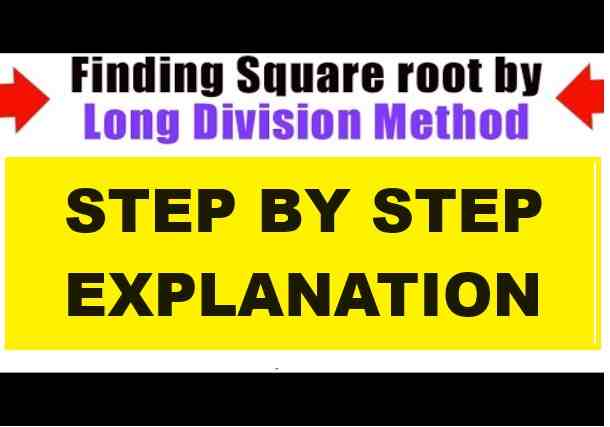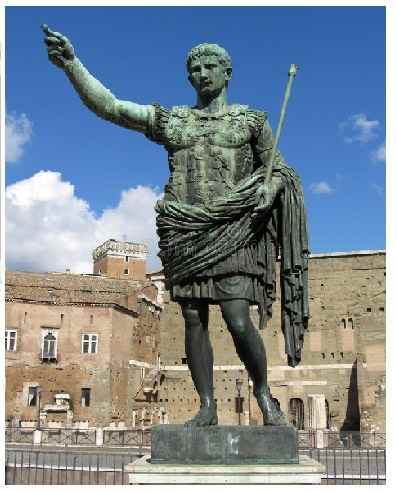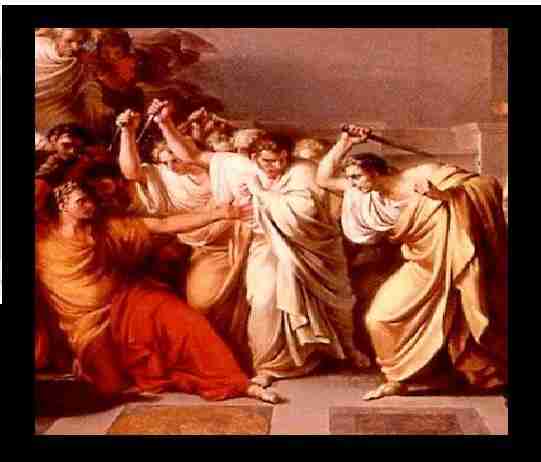Squares and Cube Roots Class 8 RS Aggarwal Exe-3C Goyal Brothers Prakashan ICSE Foundation Maths Solutions Ch-3. We provides step by step solutions of council prescribe textbook / Publications. Visit official Website CISCE for detail information about ICSE Board Class-8 Mathematics.

Squares and Cube Roots Class 8 RS Aggarwal Exe-3C Goyal Brothers ICSE Maths Solutions Ch-3
| Board | ICSE |
| Publications | Goyal Brothers Prakshan |
| Subject | Maths |
| Class | 8th |
| Writer | RS Aggarwal |
| Book Name | Foundation |
| Ch-3 | Squire and Squire Roots Cube and Cube Roots |
| Exe-3C | Squire Roots by Division Methods |
| Edition | 2024-2025 |
Squire Roots by Division Methods
(Squares and Cube Roots Class 8 RS Aggarwal Exe-3C Goyal Brothers Prakashan ICSE Foundation Maths Solutions Ch-3)
Page- 47
Exercise- 3C
Squire Roots by Division Methods of Perfect Squire
Que-1: Find the square root of each of the following numbers by division method :
(i) 576 (ii) 961 (iii) 1444 (iv) 4489 (v) 6241 (vi) 5476 (vii) 9025 (viii) 7569
Solution- (i) √576 = 24
(ii) √961 = 31
(iii) √1444 = 38
(iv) √4489 = 67
(v) √6241 = 79
(vi) √5476 = 74
(vii) √9025 = 95
(viii) √7569 = 87
Que-2: The area of a square field is 7744 sq. metres. Find the perimeter.
Solution- We know that the area of square is a²
⇒ 7744 = a²
⇒ a = √7744
⇒ a = 88m
We know that perimeter of square is 4a
Therefore perimeter = 4×88 = 352m Ans.
Que-3: Find the least number which must be subtracted from 1104 to obtain a perfect square. Find this perfect square and its square root.
Solution-The nearest perfect square below 1104 is (33)^2 = 1089.
So, the difference between 1104 and 1089 is 1104−1089 = 15.
To obtain a perfect square, we need to subtract 15 from 1104.
1104 – 15 = 1089
So, the perfect square is 1089, and its square root is √1089 = 33 Ans.
Que-4: Find the least number which must be subtracted from 7956 to obtain a perfect square. Find this perfect square and its square root.
Solution- The nearest perfect square below 7956 is (89)^2 = 7921.
So, the difference between 7956 and 7921 is 7956−7921 = 35.
To obtain a perfect square, we need to subtract 35 from 7956.
7956 – 35 = 7921
So, the perfect square is 7921, and its square root is √7921 = 89 Ans.
Que-5: Find the least number which must be added to 6203 to obtain a perfect square. Find the perfect square and its square root.
Solution- The nearest perfect square above 6203 is (79)^2 = 6241.
So, the difference between 6241 and 6203 is 6241−6203 = 38.
To obtain a perfect square, we need to add 38 to 6203.
6203 + 38 = 6241
So, the perfect square is 6241, and its square root is √6241 = 79 Ans.
Que-6: Find the least number which must be added to 7348 to obtain a perfect square. Find this perfect square and its square root.
Solution- The nearest perfect square above 7348 is (86)^2 = 7396.
So, the difference between 7396 and 7348 is 7396−7348 = 48.
To obtain a perfect square, we need to add 48 to 7348.
7348 + 48 = 7396
So, the perfect square is 7396, and its square root is √7396 = 86 Ans.
Que-7: Find the greatest number of six digits, which is a perfect square. Find the square root of this number.
Solution- The largest perfect square less than 1,000,000 is (999)^2 = 998001.
So, the greatest six-digit number that is a perfect square is 9,98,001.
The square root of 998,001 is √998001 = 999 Ans.
Que-8: Find the least number of four digits which is a perfect square.
Solution- The smallest perfect square greater than 999 is (32)^2 = 1024.
So, the least four-digit number that is a perfect square is 1024 Ans.
Que-9: Find the least number by which 69192 must be (i) decreased (ii) increased (iii) multiplied (iv) divided, to make it a perfect square.
Solution- √69192 = 263.04
i.e., 263² < 69192 < 264²
(i) For decreased number,
Subtract 263² from 69192
i.e., 69192 – 263² = 69192 – 69169 = 23.
(ii) For increased number,
Subtract 69192 from 264²
i.e., 264² – 69192 = 69696 – 69192 = 504.
(iii) The factor of the number 69192 is
69192 = 2 x 2 x 2 x 3 x 3 x 31 x 31
If we see the pairs only one 2 is left alone.
So, If we multiply it with 2 it will make a perfect square.
Therefore, The least multiplied number to make it a perfect square is 2.
(iv) If we see the pairs only one 2 is left alone.
So, If we divide it with 2 it will make a perfect square.
Therefore, The least divide number to make it a perfect square is 2.
— : End of Squares and Cube Roots Class 8 RS Aggarwal Exe-3C Goyal Brothers ICSE Maths Solutions :–
Return to :- ICSE Class -8 RS Aggarwal Goyal Brothers Math Solutions
Thanks
Please share with yours friends if you find it helpful


